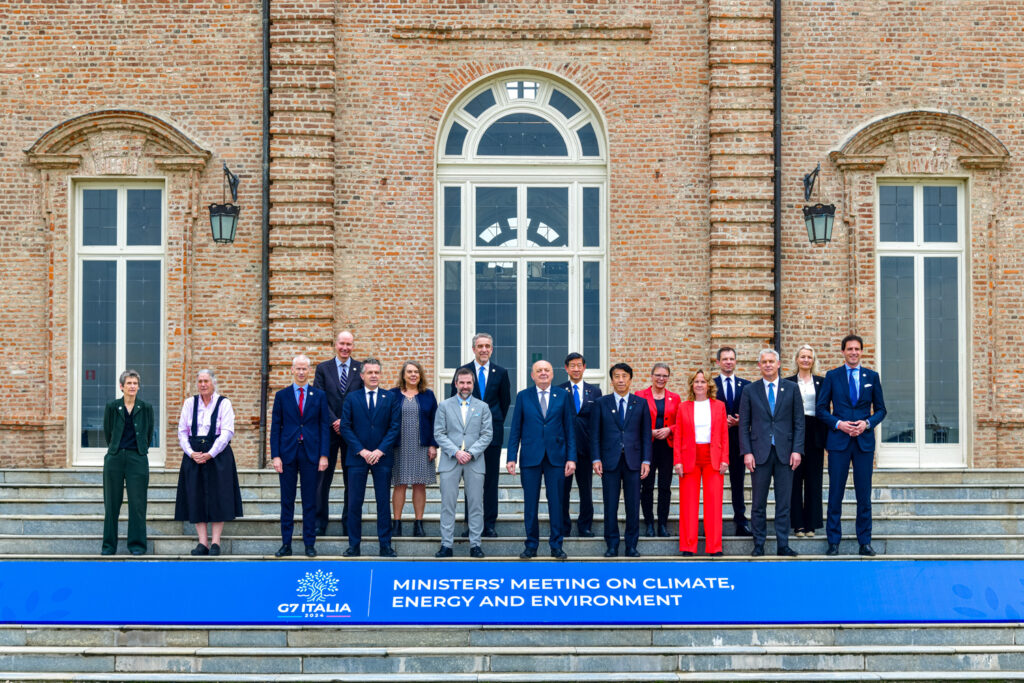G7 countries once again show support for biofuels as vital to reducing road transport emissions
The world’s leading economic powers this week once again confirmed the need for sustainable biofuels to decarbonise transport.
In a joint declaration issued after their meeting in Turin, G7 ministers committed to “promote and facilitate the scale-up of investments” in a range of technologies including “sustainable production of energy from waste, sustainable biogases and biofuels.”
It’s the third time the G7 – which includes several EU Member States – has underlined the importance of biofuels since last year. Meanwhile the EU continues to hamstring efforts by the European sustainable biofuels industry – including producers of renewable ethanol – to contribute to transport de-fossilisation.
The G7 declaration also noted “the Turin Joint Statement on Sustainable Biofuels addressed to G7 Ministers by the sectorial biofuels stakeholders,” which calls on countries to “Recognise the contribution that sustainable biofuels can bring as part of systematic solutions to de-fossilize aviation, maritime and road transport, while generating co-products in the bio- and circular-economy area, recovering wastes and utilizing residues.”
It's clear Europe still needs more than one solution to achieve meaningful transport de-fossilisation. Even in the future, the EU should follow the G7’s lead and take advantage of important synergies between renewable fuels and synthetic fuels delivering emissions reductions in the cars that Europeans will continue to drive for many years to come.
